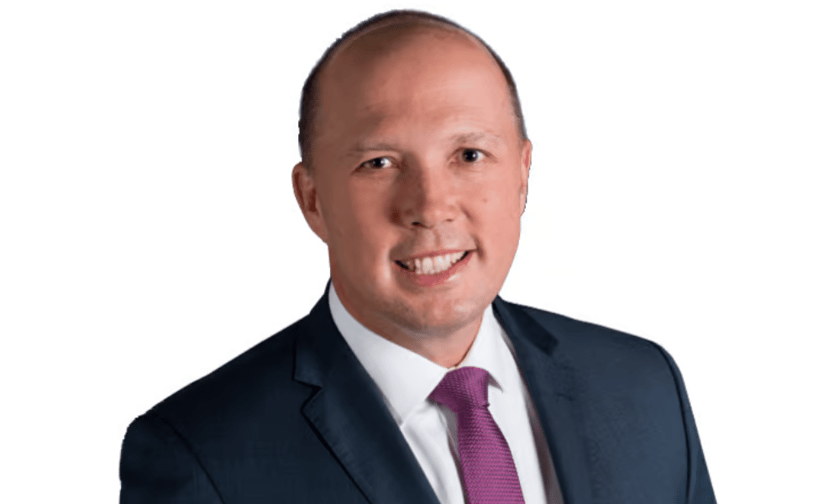

Opposition Leader Peter Dutton (pictured) is facing renewed pressure from climate scientists and emergency leaders to participate in expert briefings on Australia’s climate risk profile.
This follows remarks in a recent debate where he expressed uncertainty about the link between climate change and extreme weather.
The Climate Council has extended an open offer for briefings, emphasising the critical need for political leaders to understand the implications of climate change on disaster frequency and severity.
Amanda McKenzie, the council’s CEO, said the invitation remains open and reiterated that briefings could be arranged at any time.
“It’s outrageous for a senior political leader to be so out of touch that they claim they ‘don’t know’ the risks Australians are facing. In 2025, there is no excuse for someone vying to be prime minister not to have educated themselves thoroughly on the science and impacts of the climate crisis,” she said.
Emergency Leaders for Climate Action, a group of 35 former emergency services officials, has also reached out to Dutton, inviting him to attend a briefing session. The group reported it has not received a response.
The call coincides with the release of national property risk data compiled by Climate Valuation and the Climate Council, which identified more than two million homes and commercial properties exposed to moderate or high climate-related hazards.
About 652,000 properties fall into the high-risk category, where the cost or availability of insurance is already becoming a significant concern.
In Dutton’s electorate of Dickson, 3,692 properties have been identified as being at increased risk from climate-fuelled events such as floods and bushfires. These findings are part of a broader dataset used to populate the Climate Risk Map, a tool developed to show climate vulnerability across Australia at a local level.
Greg Mullins, a Climate Councillor and former NSW fire chief, said that climate impacts are no longer confined to previously known high-risk zones.
“As the climate risk map and report makes distressingly clear, no home or business is now safe from the devastating consequences of burning fossil fuels,” he said. “Even if your electorate is in a low risk zone, it does not mean fires or floods won’t happen in your local area because climate change has rewritten the rules.”
